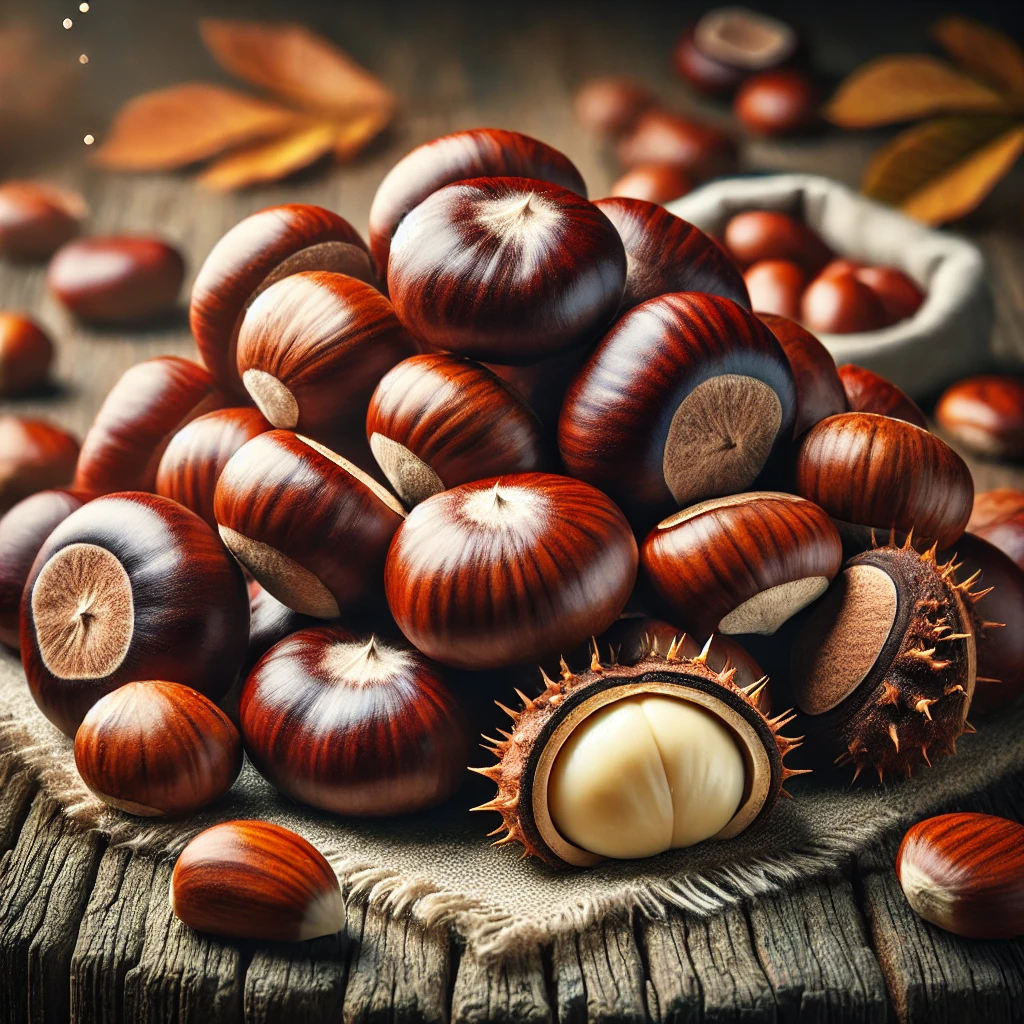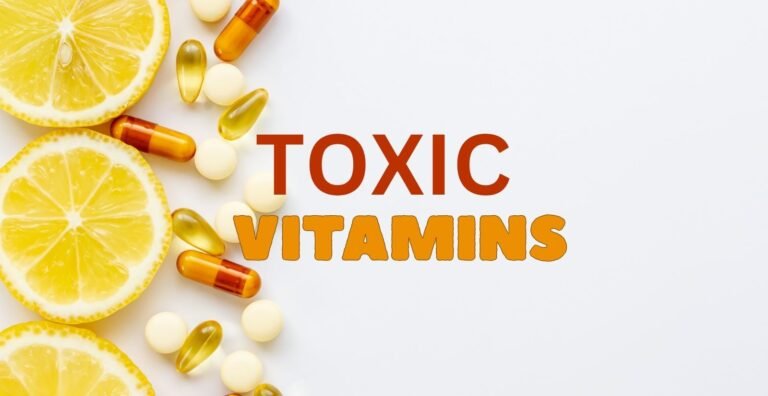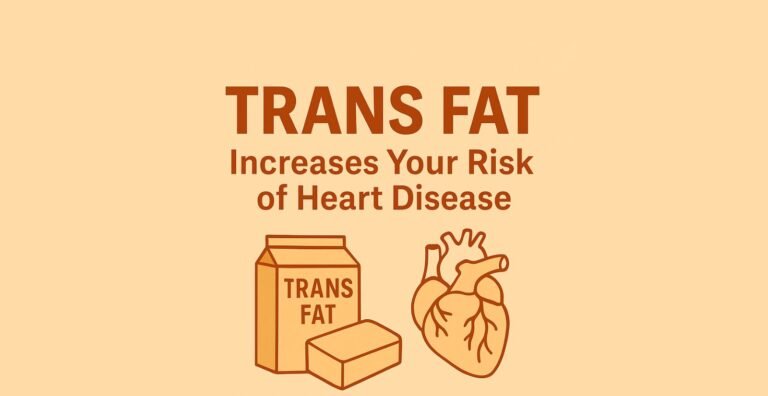Top Health & Wellness Product Reviews with Exclusive Sale Prices!
Chestnuts: The Nutty Superfood You Need This Season

As autumn and winter approach, the streets are filled with the earthy aroma of roasted chestnuts, warming the air and inviting us to enjoy this seasonal favorite. But chestnuts are more than just a delicious snack; they’re packed with nutrients and health benefits that make them a true superfood. If you’re looking to add a healthy, tasty, and versatile ingredient to your diet, chestnuts deserve a top spot. Here’s everything you need to know about this nutty superfood and why you should make it a part of your seasonal menu.
What Are Chestnuts?
Chestnuts come from trees in the Castanea genus and differ significantly from other tree nuts, both in nutritional content and flavor. They are lower in fat and calories than most other nuts, have a mildly sweet taste, and are rich in fiber, vitamins, and antioxidants. These qualities make them a unique and healthy choice compared to other nuts like almonds or walnuts.
Chestnuts are not only enjoyable roasted by the fire; they can be used in a wide range of recipes, from savory dishes to desserts. Rich in potassium, magnesium, and vitamin C, chestnuts are a nutrient-dense, gluten-free option for those looking to eat healthier.
Nutritional Profile of Chestnuts
To understand why chestnuts are so beneficial, let’s dive into their nutritional profile. Chestnuts are known for being:
- Low in Fat and Calories: Unlike most nuts, chestnuts contain only about 1 gram of fat per ounce and are lower in calories, making them an excellent choice for those watching their weight.
- High in Carbohydrates and Fiber: Chestnuts contain about 45 grams of carbohydrates per 100 grams and 8 grams of fiber, which aids digestion and helps manage blood sugar levels.
- Rich in Vitamin C: One of the few nuts high in vitamin C, chestnuts provide about 20% of the recommended daily intake in a 100-gram serving, which supports immune health.
- Packed with Antioxidants: Antioxidants like gallic acid and ellagic acid protect your cells from damage and lower inflammation.
- Good Source of Minerals: Chestnuts are high in essential minerals like potassium, magnesium, and iron, which are crucial for heart health, muscle function, and energy production.
Health Benefits of Chestnuts
Adding chestnuts to your diet offers numerous health benefits, from heart health to immune support. Here are the top reasons to enjoy chestnuts this season.
1. Support Heart Health
Chestnuts are a good source of potassium and magnesium, which help regulate blood pressure. Their antioxidants, like ellagic acid, reduce inflammation, which is linked to a lower risk of cardiovascular disease. Moreover, chestnuts are high in fiber, which has been shown to reduce cholesterol levels.
2. Boost Immune System
Chestnuts are high in vitamin C, an antioxidant known to enhance the immune system. This vitamin stimulates the production of white blood cells, which help protect the body from infections. With colder months approaching, incorporating chestnuts can be a natural way to strengthen your immune defenses.
3. Aid in Blood Sugar Control
Chestnuts have a low glycemic index (GI), meaning they release glucose slowly into the bloodstream, preventing spikes in blood sugar. This makes chestnuts an ideal snack for those managing diabetes or anyone looking to maintain steady energy levels throughout the day.
4. Promote Digestive Health
The fiber in chestnuts aids digestion and supports a healthy gut microbiome. Fiber not only helps prevent constipation but also promotes the growth of beneficial bacteria in the gut, which is linked to improved overall health and immunity.
5. Strengthen Bones
Chestnuts are a source of several minerals crucial for bone health, including magnesium and copper. These nutrients help maintain bone density and reduce the risk of osteoporosis as you age.
6. Provide a Natural Energy Boost
Rich in complex carbohydrates, chestnuts provide a slow and steady release of energy, making them a great choice for athletes or anyone needing long-lasting energy. Unlike simple sugars, complex carbs don’t lead to a sudden spike and crash in blood sugar levels.
How to Incorporate Chestnuts into Your Diet
From traditional roasting to modern recipes, there are countless ways to enjoy chestnuts.
1. Roasted Chestnuts
Roasting is perhaps the most popular way to enjoy chestnuts. Cut an “X” on the flat side of each chestnut (to prevent them from bursting), then roast in the oven at 400°F (200°C) for about 15-20 minutes. The result is a warm, slightly sweet treat with a delicious aroma.
2. Chestnut Soup
For a creamy, savory dish, try chestnut soup. Cook chestnuts with onions, garlic, and vegetable broth, then blend until smooth. It’s a comforting dish, especially perfect for cold winter evenings.
3. Add to Salads
For a seasonal twist, add roasted chestnuts to salads for a nutty flavor and a bit of crunch. They pair well with leafy greens, apples, cranberries, and a vinaigrette dressing.
4. Chestnut Flour for Baking
Chestnut flour is gluten-free and can be used in baking. Use it to make pancakes, muffins, or even pasta. Its slightly sweet flavor adds a unique touch to your baked goods and pairs especially well with chocolate.
5. Chestnut Puree for Desserts
Chestnut puree is a popular ingredient in many desserts, particularly in French and Italian cuisines. Spread it over toast, use it as a filling for pastries, or mix it with whipped cream for a sweet, nutty topping.
Tips for Buying and Storing Chestnuts
Chestnuts are best when they’re fresh, as they have a shorter shelf life compared to other nuts. Here are some tips for selecting and storing them:
- Choose fresh, plump chestnuts with a glossy shell. Avoid any with wrinkles or holes.
- Store in the refrigerator if you don’t plan to use them immediately. They can last up to a month in the fridge or freeze well for longer storage.
- Check for freshness before cooking. Soak them in water—any that float are likely past their prime.
Are There Any Side Effects?
While chestnuts are generally safe, they do contain oxalates, which could contribute to kidney stones in people susceptible to them. They’re also high in carbohydrates, so those on a low-carb or ketogenic diet may want to consume them in moderation. Lastly, some people may experience allergies to chestnuts, so be cautious if you have a history of tree nut allergies.
Using these keywords naturally throughout the article will help boost its visibility on search engines like Google and Bing, helping readers who are interested in nutritious foods and healthy eating find it more easily.
Conclusion
Chestnuts are a versatile, nutritious, and delicious addition to your diet, especially as the colder months set in. With their unique nutritional profile, they stand out among other nuts as a heart-healthy, immune-boosting, and digestive-friendly choice. Whether you’re enjoying them roasted, pureed, or as part of a savory meal, chestnuts are a seasonal superfood worth savoring. This season, bring home some fresh chestnuts, and enjoy all the health benefits they have to offer.







